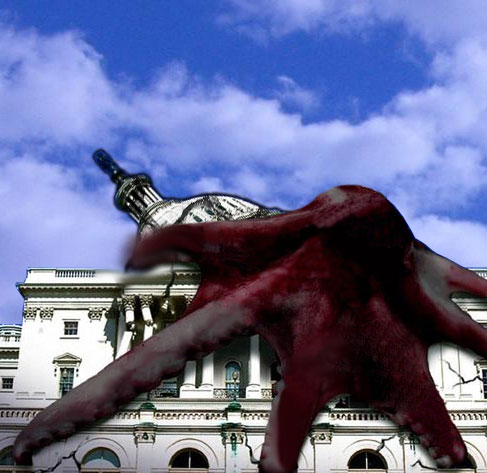Michael Hudson writes about the meaning of banks and what they are meant to be. iThe inherently symbiotic relationship between banks and governments recently has been reversed. In medieval times, wealthy bankers lent to kings and princes as their major customers. But now it is the banks that are needy, relying on governments for funding – capped by the post-2008 bailouts to save them from going bankrupt from their bad private-sector loans and gambles.
Yet the banks now browbeat governments – not by having ready cash but by threatening to go bust and drag the economy down with them if they are not given control of public tax policy, spending and planning. The process has gone furthest in the United States. Joseph Stiglitz characterizes the Obama administration’s vast transfer of money and pubic debt to the banks as a “privatizing of gains and the socializing of losses. It is a ‘partnership’ in which one partner robs the other.” Prof. Bill Black describes banks as becoming criminogenic and innovating”control fraud“.
High finance has corrupted regulatory agencies, falsified account-keeping by “mark to model” trickery, and financed the campaigns of its supporters to disable public oversight. The effect is to leave banks in control of how the economy’s allocates its credit and resources.
If there is any silver lining to today’s debt crisis, it is that the present situation and trends cannot continue. So this is not only an opportunity to restructure banking; we have little choice. The urgent issue is who will control the economy: governments,or the financial sector and monopolies with which it has made an alliance.
Fortunately, it is not necessary to re-invent the wheel. Already a century ago the outlines of a productive industrial banking system were well understood. But recent bank lobbying has been remarkably successful in distracting attention away from classical analyses of how to shape the financial and tax system to best promote economic growth – by public checks on bank privileges. The model for ending casino banks

